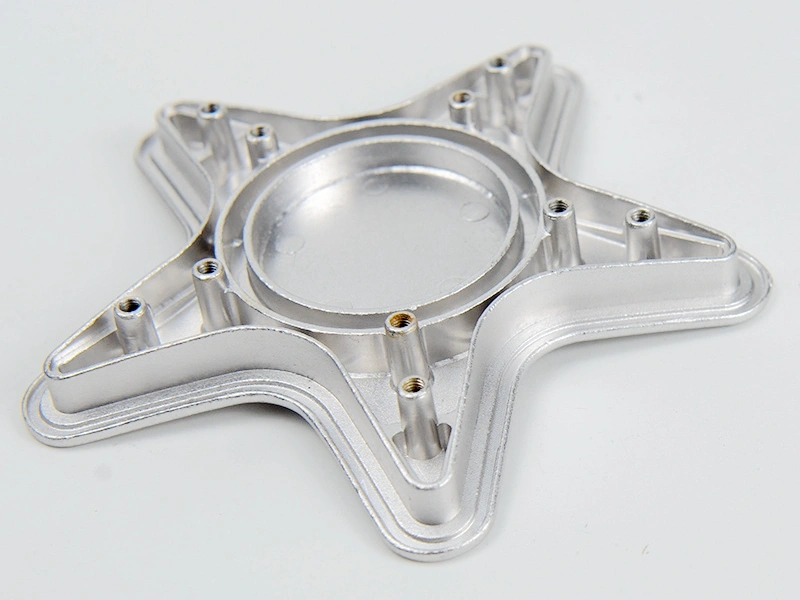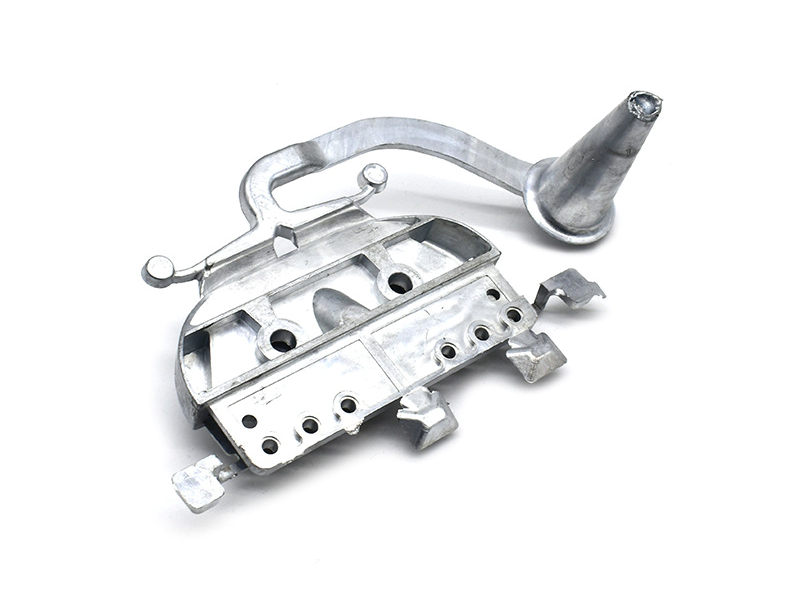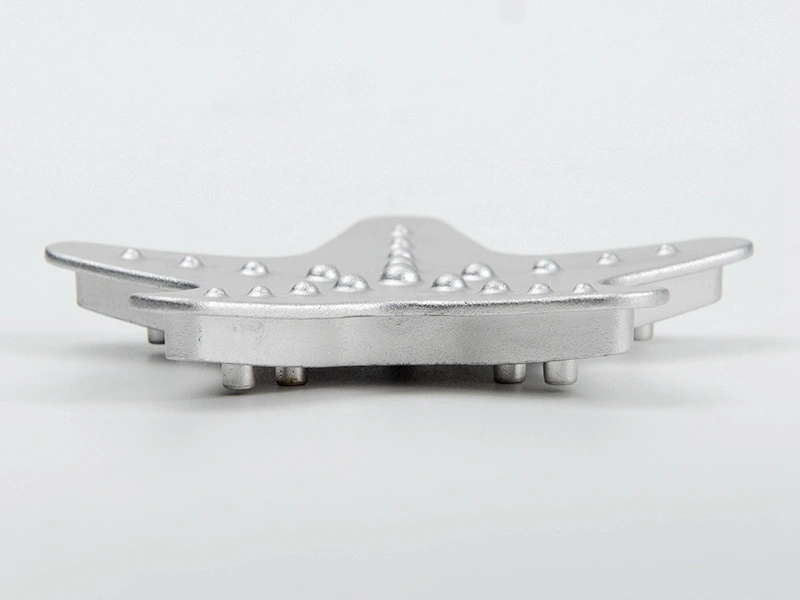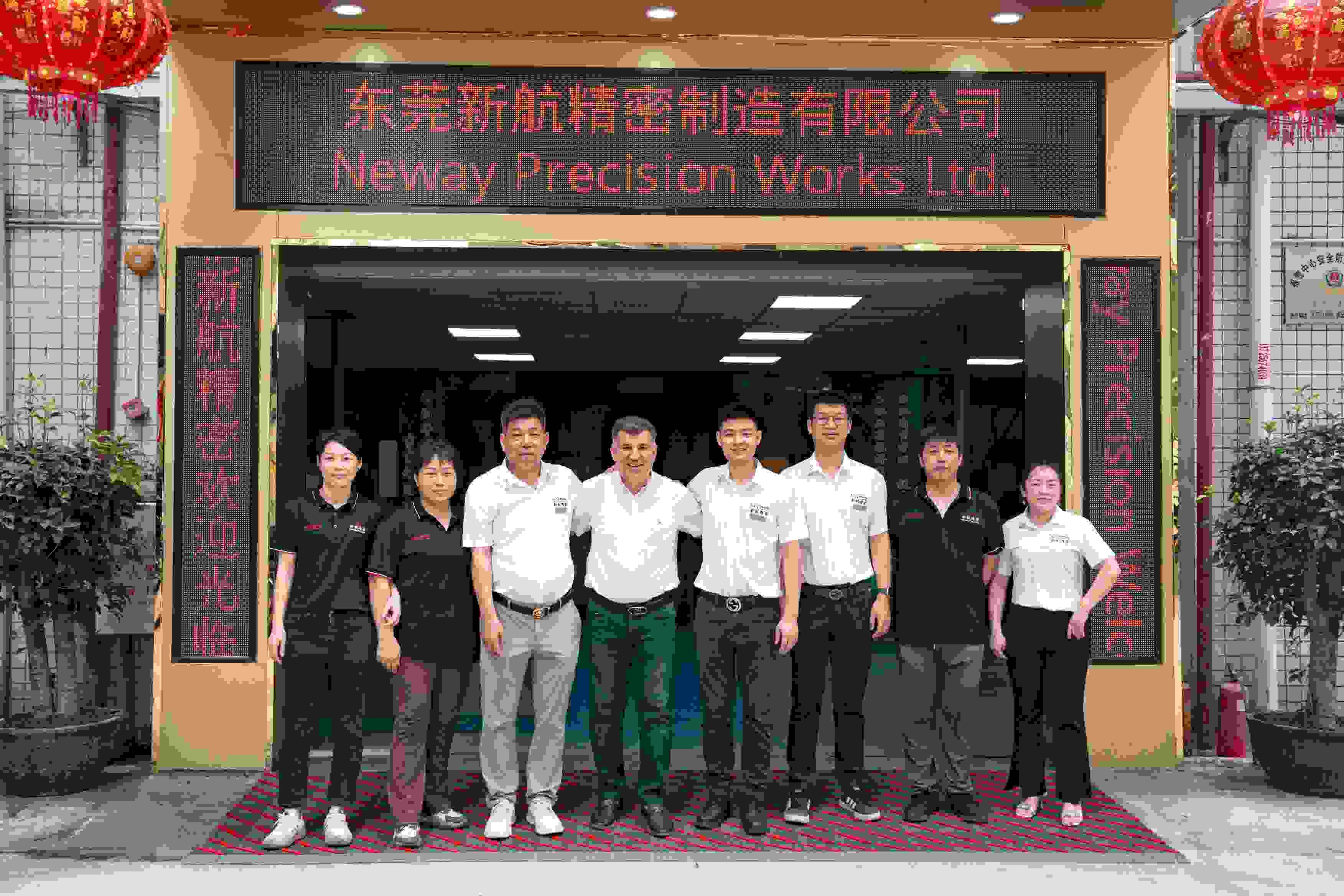Can die cast connector housings meet IP67 or higher sealing standards?
Can Die Cast Connector Housings Meet IP67 or Higher Sealing Standards?
Overview of IP67 Requirements for Connector Housings
IP67-rated enclosures must be completely dust-tight and capable of withstanding immersion in water up to 1 meter for 30 minutes. This level of protection is critical for electrical connectors used in automotive, industrial, marine, and outdoor electronic systems. Die cast connector housings—particularly those made from zinc or aluminum alloys—are fully capable of meeting IP67 or higher when paired with proper sealing design and precision finishing.
Key Design Features for IP67 Compliance
To achieve IP67 or higher ingress protection, die cast connector housings must incorporate:
Integrated sealing grooves: Designed to accommodate O-rings or gaskets for reliable compression.
Flat sealing surfaces: Achieved through precision CNC machining for gasket contact areas.
Robust wall thickness: Ensures structural integrity under water pressure and mechanical stress.
Fastener bosses: Even torque distribution across cover flanges for uniform seal compression.
Single-piece housing design: Minimizes potential leak paths at parting lines or assembly seams.
Material and Surface Treatment Considerations
Alloys like Zamak 3 and A360 aluminum provide excellent corrosion resistance in sealed environments.
Anodizing, powder coating, or plating enhance durability without compromising seal performance.
Surface roughness and flatness are controlled during finishing to support long-term sealing reliability.
IP67 Testing and Validation
Neway supports full validation of IP67 and IP68 standards through:
Dust chamber testing in accordance with IEC 60529
Water immersion testing at 1 meter depth for 30 minutes or longer
Pressure decay and vacuum leak testing for fully sealed connector housings
Thermal cycling and humidity aging to evaluate seal degradation over time
These tests confirm that cast and finished housings maintain protection after mechanical assembly and environmental exposure.
Applications for IP67 Die Cast Connectors
EV charging systems
Outdoor LED power connectors
Marine navigation and communication terminals
Industrial automation and sensor networks
Neway’s Capabilities in IP-Rated Connector Housing Production
Neway delivers IP67-ready connector housings through:
High-precision die casting of zinc or aluminum enclosures
Integrated tool and die support for sealing and fastening design
Surface optimization via post-processing and machining
Full assembly and sealing validation based on project requirements



